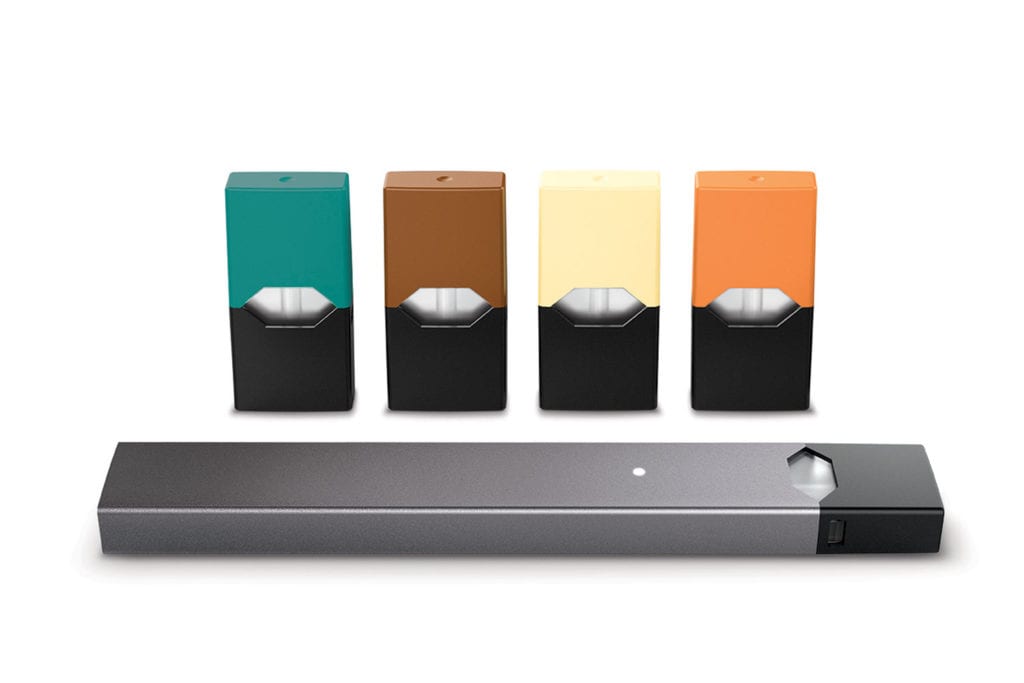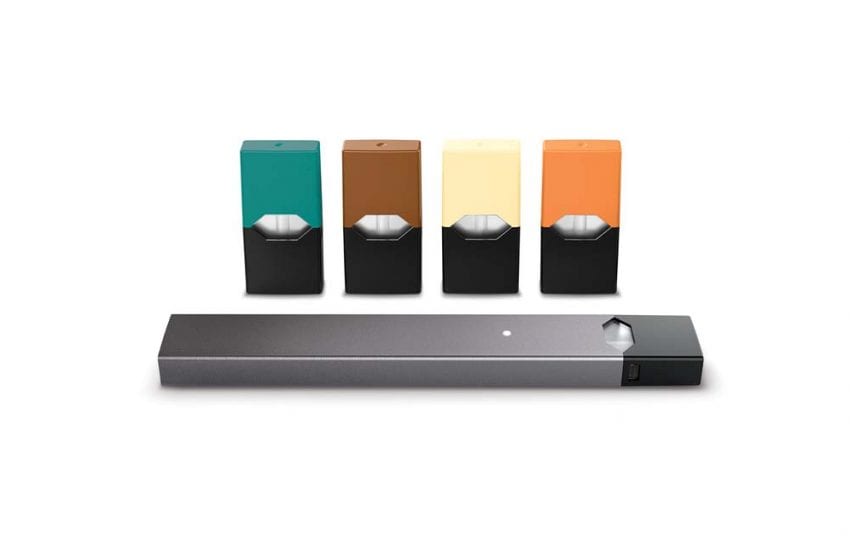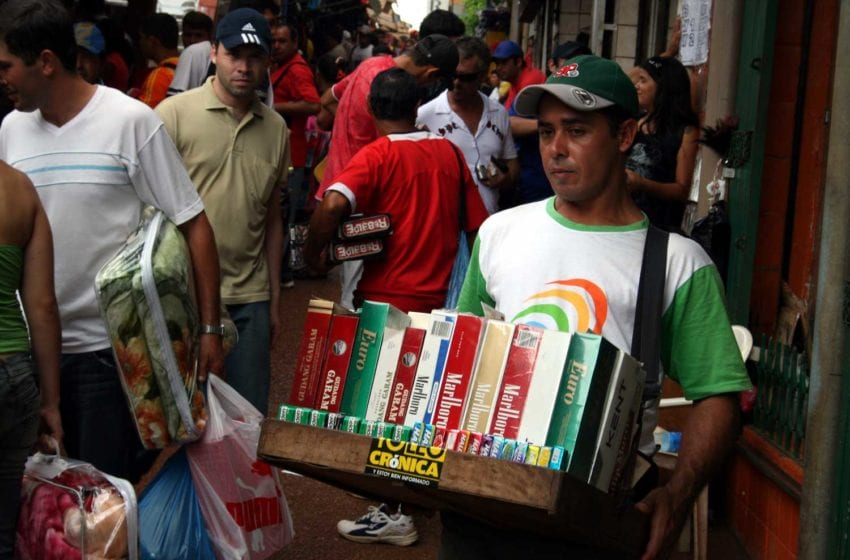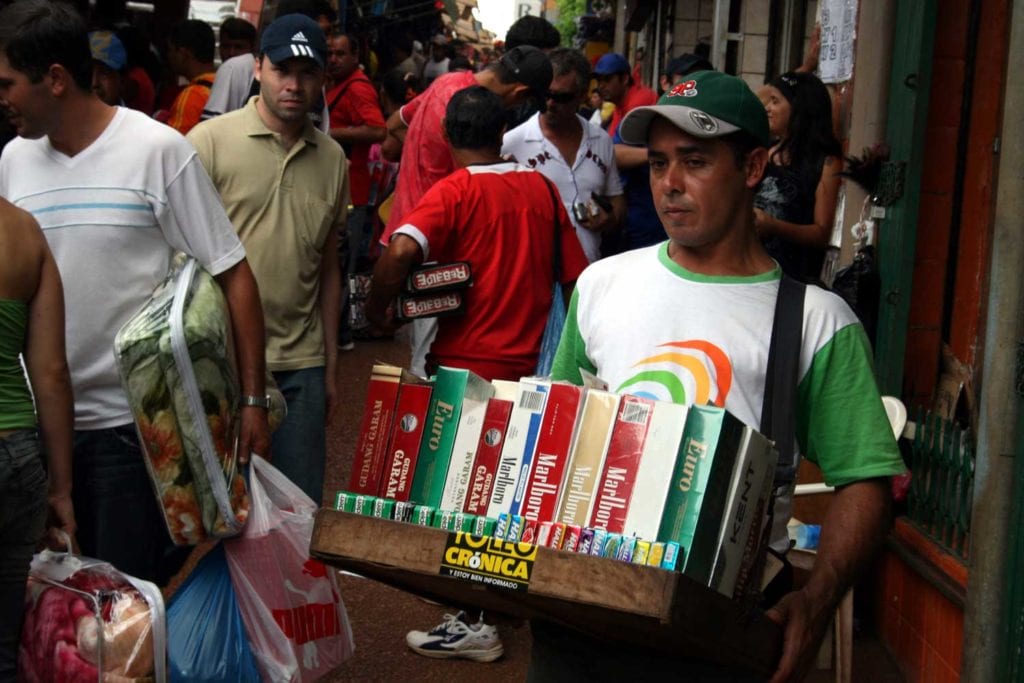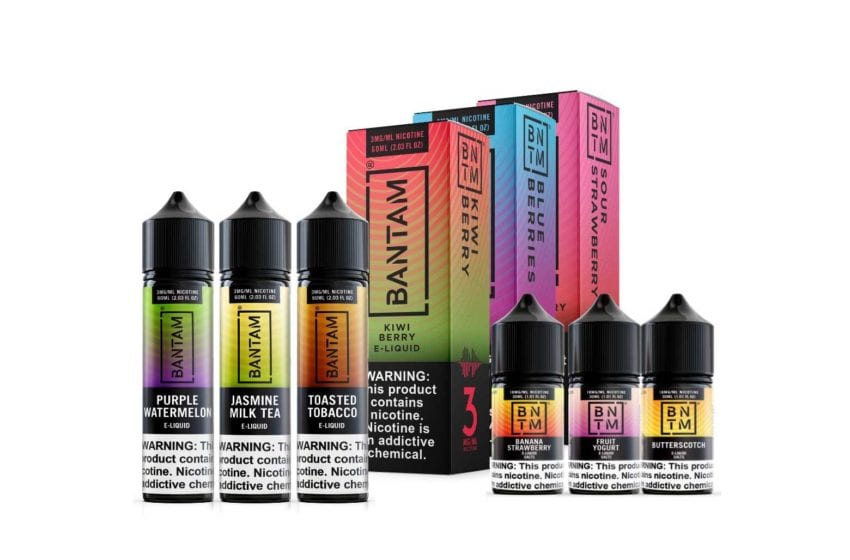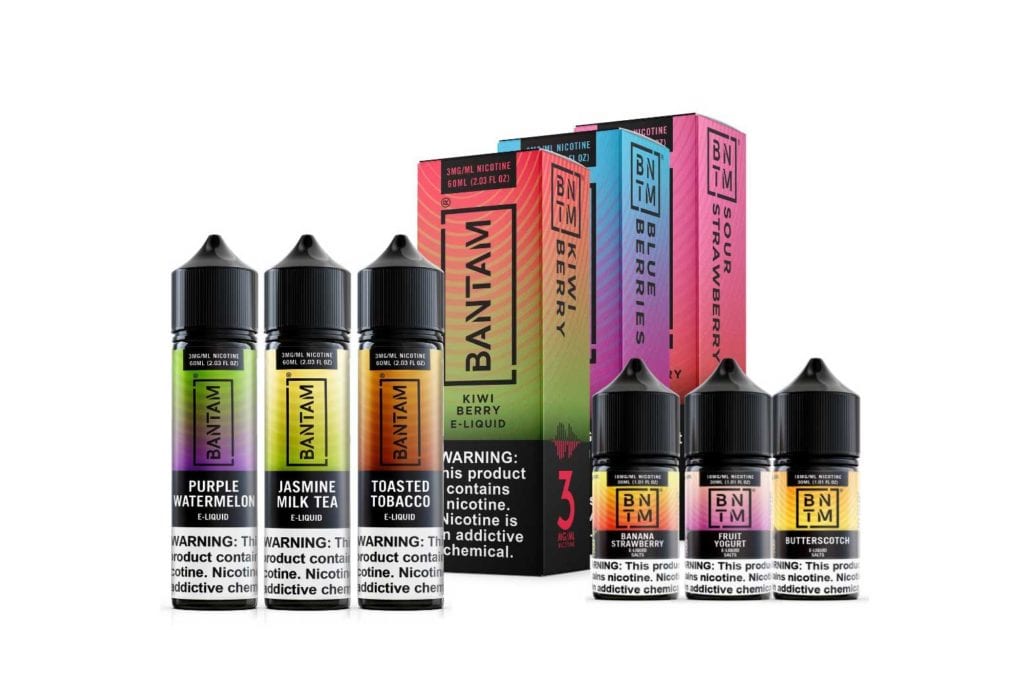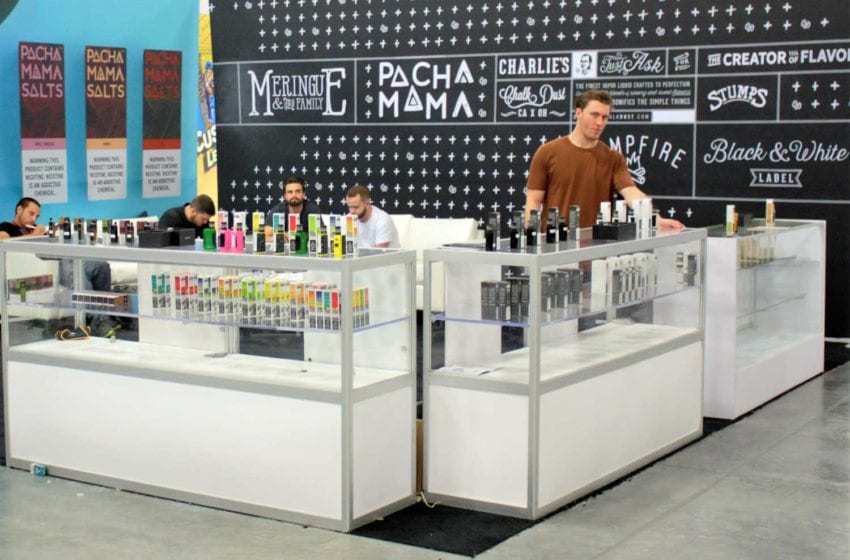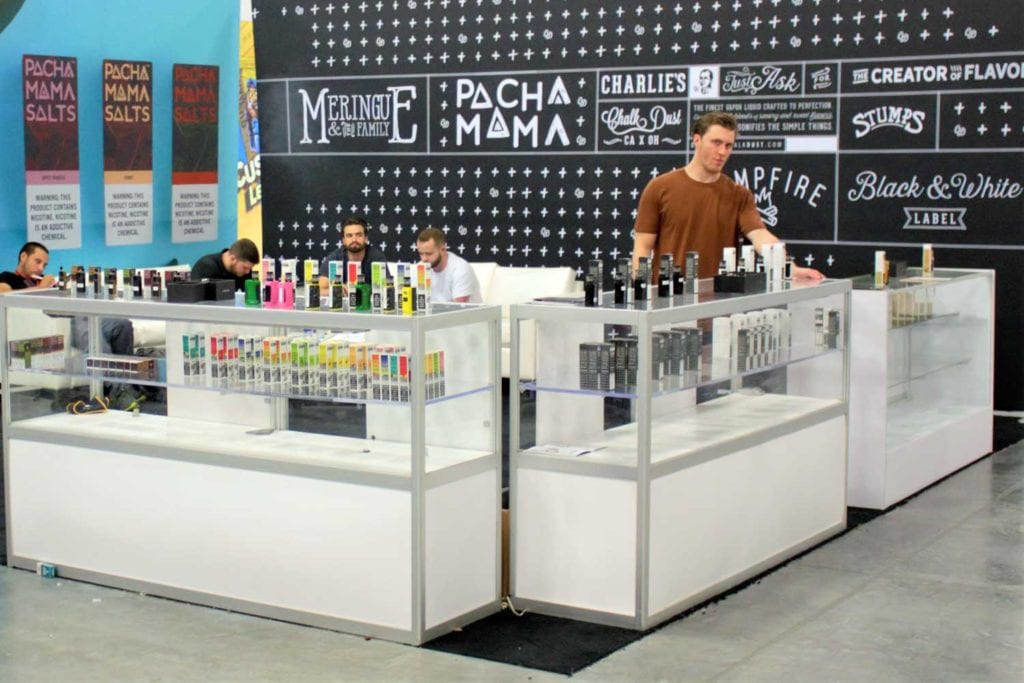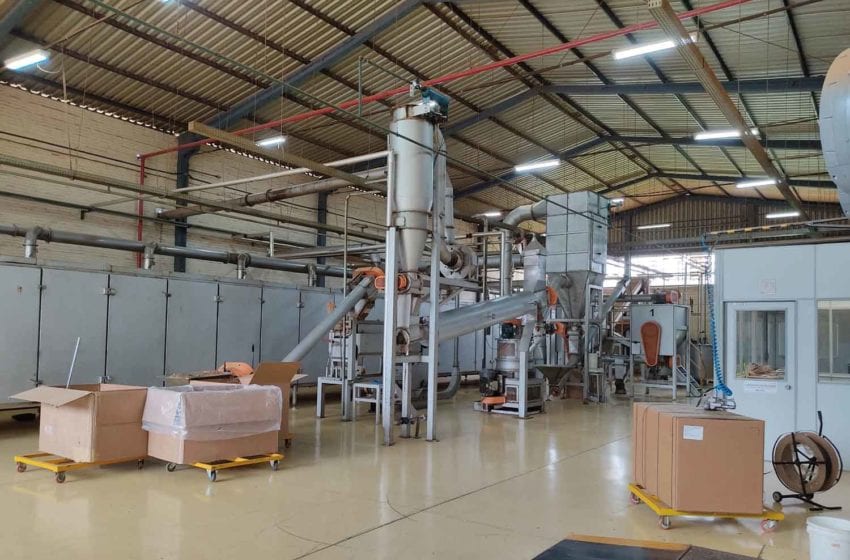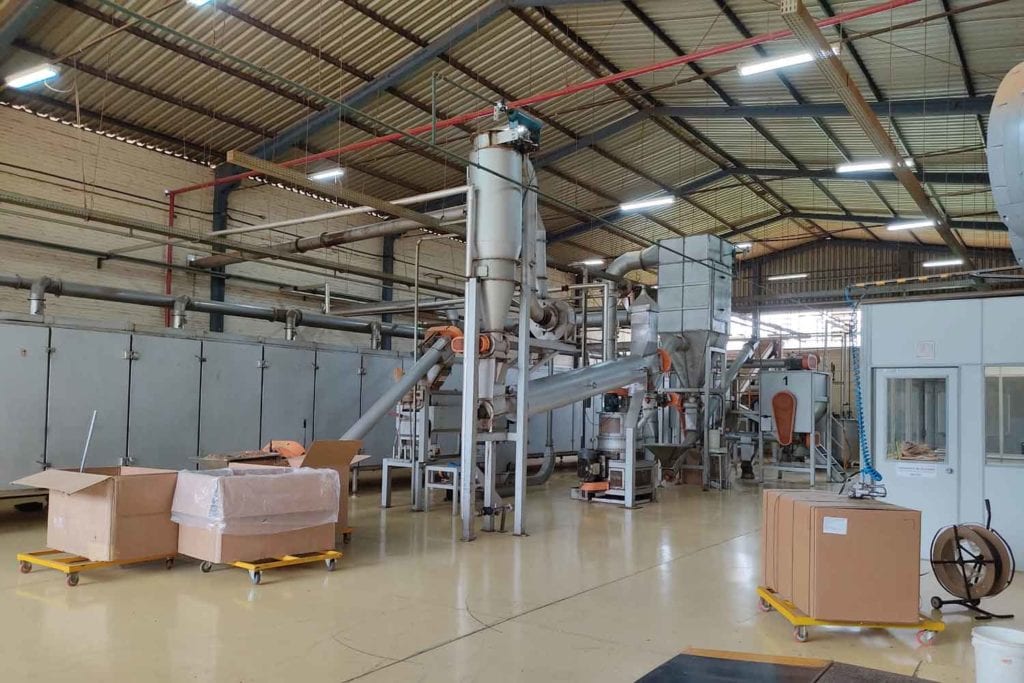British American Tobacco (BAT) and Japan Tobacco (JT) have been recognized for their sustainability efforts.
BAT has been named in the Dow Jones Sustainability Indices (DJSI) for the 19th consecutive year. It is the only tobacco company to be included in the prestigious DJSI World Index.
In a statement, BAT said it is the highest scoring tobacco company in 2020, with industry leading scores in 13 of the 23 categories assessed, while achieving a top score of 100 percent in seven categories.
“At BAT, sustainability is at the heart of our transformation, and we are proud to have been included in the DJSI for a 19th consecutive year, said Kingsley Wheaton, chief marketing officer at BAT, in a statement.
“We believe our inclusion in the DJSI World Index, combined with the recognition we have received from other respected ESG ratings agencies including MSCI and Sustainalytics, is testament to our commitment to accelerate the transformation of our company.”
“We congratulate BAT plc for being included in the DJSI World and Europe,” said Manjit Jus, global head of ESG research and data, S&P Global.
“A DJSI distinction is a reflection of being a sustainability leader in your industry. With a record number of companies participating in the 2020 Corporate Sustainability Assessment and more stringent rules for inclusion this year, this sets your company apart and rewards your continued commitment to people and planet.”
JT has been selected as a member of the Dow Jones Sustainability Asia Pacific Index (DJSI Asia Pacific) for the seventh consecutive year.
From among approximately 600 major companies in the Asia-Pacific region, 158 companies (including 82 Japanese companies) are included in the DJSI Asia Pacific this year.
The JT Group’s sustainability strategy is formulated based on the company’s “4S” model, its management principles, and encompasses its materiality analyses. The foundations of JT’s sustainability strategy, are our respect for human rights, improved social and environmental impact and good governance and business standards.
“We are delighted to remain as a member of DJSI Asia Pacific for the seventh consecutive year,” said Kazuhito Yamashita, member of the board and senior vice president, chief sustainability officer, compliance and general affairs at JT, in a statement. “This clearly reflects our continued holistic approach to address social and environmental issues, particularly the development of sustainable growth of societies and climate change which both have a major impact on society and our business.”
Created by S&P Dow Jones Indices, the DJSI represents the gold standard for tracking corporate sustainability. In 2020, around 3,500 companies had their sustainability practices assessed against ESG (environmental, social, governance) criteria. Only the top 10 percent are recognized as leaders in corporate sustainability and achieve DJSI World Index inclusion.
